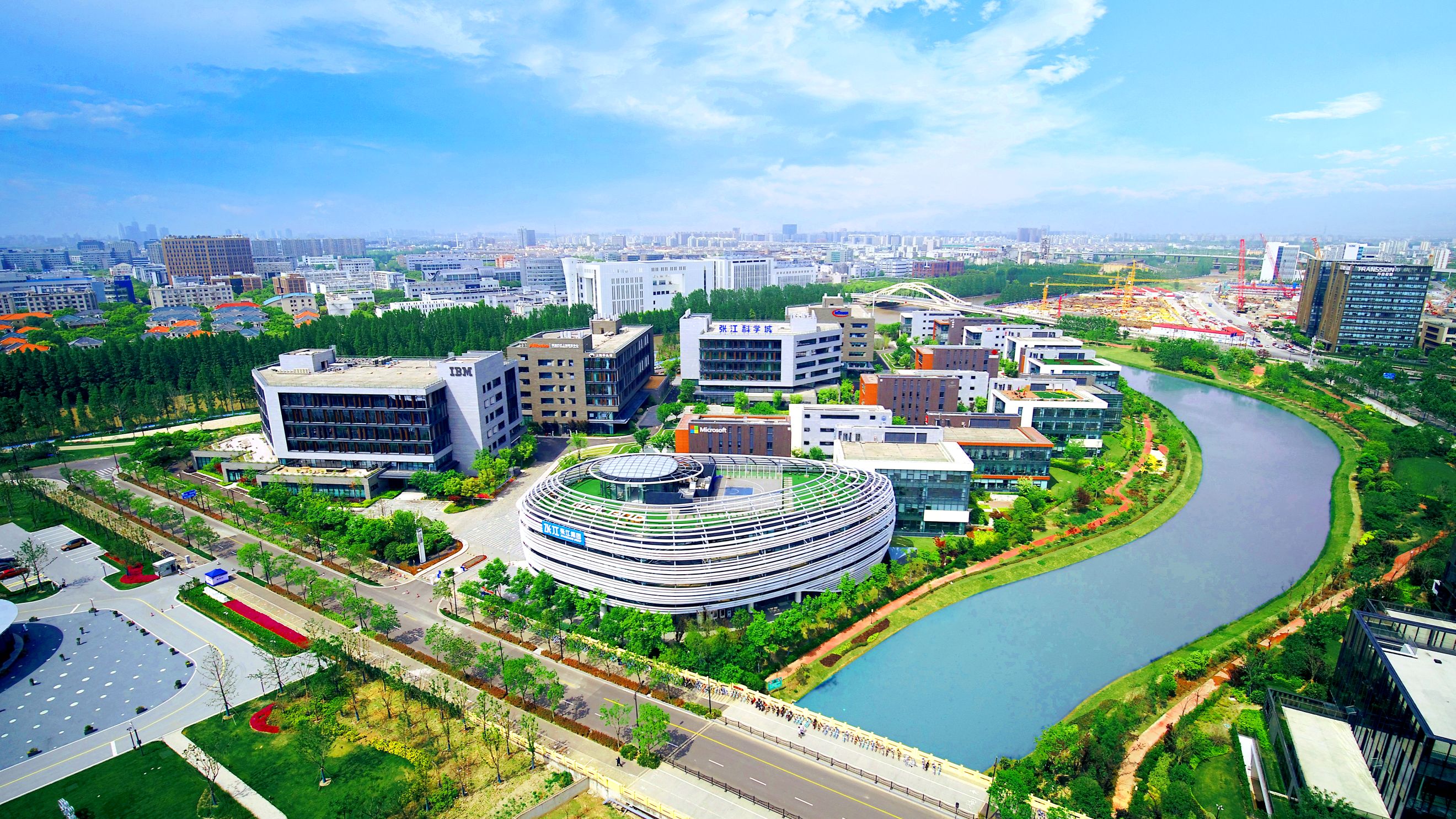At a time when the global economic structure is undergoing profound adjustments and technological changes are accelerating, China is breaking through with a higher level of institutional opening.

As an integrated innovation carrier of national strategy, the Shanghai Oriental Hub International Business Cooperation Zone (hereinafter referred to as the "International Business Cooperation Zone") located in Pudong will complete the closed acceptance of the pilot start-up area this year and realize the implementation of the basic functions of the International Business Cooperation Zone.
April 18, 2025 is the 35th anniversary of the development and development of Pudong. As a frontier of reformation and development, Shanghai Pudong connects the world with a more proactive attitude. The International Business Cooperation Zone located in Pudong is leveraging a new dimension of China's development.

The International Business Cooperation Zone is not a simple copy of existing special areas in China, but a new open platform created by learning from, integrating and innovating various regional functions at home and abroad.
On the basis of the management system of comprehensive bonded areas, customs supervision areas and port restricted areas, the International Business Cooperation Zone will superimpose the cross-border flow facilitation policy and business service functions of specific closed areas. The International Business Cooperation Zone will also build an efficient channel for cross-border business activities through the innovative supervision model of "first-line opening (implementing convenient management of personnel and luggage items entering the International Business Cooperation Zone from abroad) and second-line control (standardized supervision between outside and inside the zone)".
By then, foreign personnel entering the zone from Pudong International Airport on international or regional flights will not need to verify Chinese visas and other entry permits. With a valid invitation filed with the comprehensive management agency of the Business Cooperation Zone, they can stay for 30 days and apply for an extension as needed. Port visa processing services are provided in the zone to further facilitate cross-border business activities. In the future, international passengers can take a shuttle bus from Terminal T3 of Pudong International Airport and reach the International Business Cooperation Zone in 10 minutes.
"As China's high-level development continues to move forward in depth, the main goal behind it is to expand from the development of things to the development of natural persons, and the International Business Cooperation Zone will carry a further opening function: better combining the development of people and things." Zhao Yugang, deputy director of the Bonded Zone Administration of the China Pilot Free Trade Zone Administration (Shanghai Oriental Hub International Business Cooperation Zone Administration), told reporters that this will be a new exploration that is the first in the world and the only one in the country.
In the view of Xie Yiqing, an associate researcher at the Institute of World Sinology of the Shanghai Academy of Social Sciences, the International Business Cooperation Zone is not only China's "new business card of development" to the world, but also a landmark breakthrough for Shanghai to "actively respond to crises and cultivate new opportunities."
The current global economic environment is undergoing profound changes: the multilateral trading system is under pressure, the regional supply chain is accelerating reconstruction, and geopolitical and economic uncertainties are intensifying. "Against this background, this opening-up initiative is not only an expansion of trade and investment, but also a breakthrough in systems and concepts." Xie Yiqing said.

"In the past 35 years, Pudong has promoted opening up with the circulation of goods as the core; now, the International Business Cooperation Zone has incorporated the free flow of factors such as talent, capital, technology, and data into the institutional framework, breaking down traditional barriers." Xie Yiqing believes that the establishment of the International Business Cooperation Zone not only marks Pudong's leap from "factor flow-based development" to "institutional innovation-based development". At the same time, the International Business Cooperation Zone provides Pudong and even Shanghai with a new paradigm for efficient allocation of global resources through the carrier of "International Business Center".
"This move sends a positive signal: China not only adheres to its own advantages in high-level opening up, but also actively adapts to international rules, injecting stability into the global economy." Xie Yiqing said.
The institutional innovation of the International Business Cooperation Zone has opened up new space for global industrial collaboration. Industry analysts believe that it can not only create opportunities for exhibition economy, cross-border training and other industries, but also significantly reduce the cost of international collaboration for enterprises by optimizing cross-border transaction processes. Emerging fields such as offshore R&D and cross-border data services may usher in a window of large-scale development.
From the free flow of goods to the full opening of factors, from a regional test field to a new global hub, the construction of the International Business Cooperation Zone carries a new mission for the 35th anniversary of Pudong's development and opening. With the International Business Cooperation Zone put into operation this year, this area will carry important tasks such as high-level development and system integration reform, and will build a new high ground for development with global competitiveness. (End)